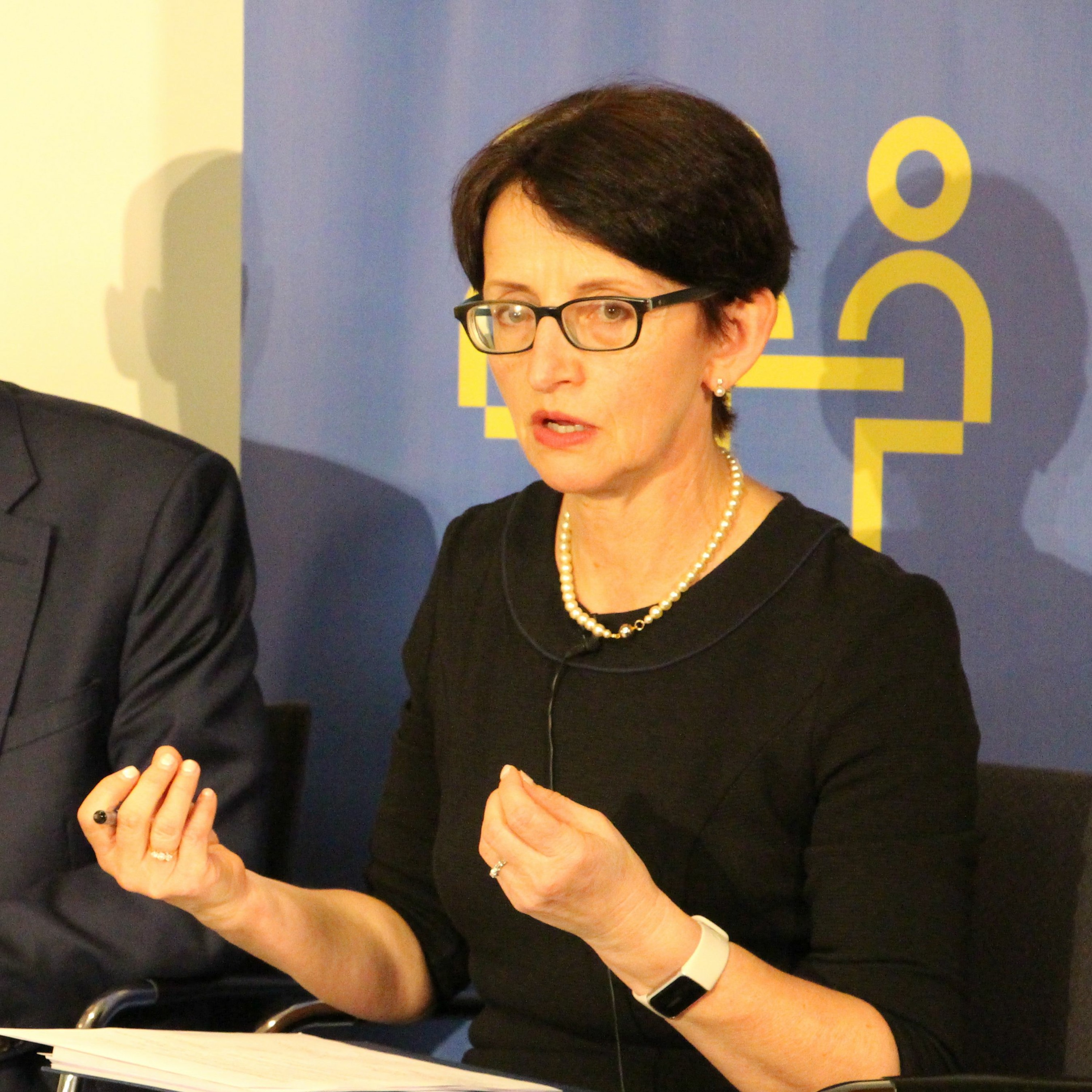How can public sector strikes be solved more effectively?

Public services have faced the greatest level of disruption from strikes in more than a quarter of a century. Over the past year nurses, ambulance drivers, teachers, junior doctors, consultants, and civil servants, among others, have all staged walkouts to protest against pay and working conditions.\n\nWhile improved pay offers from Rishi Sunak\u2019s government have resolved many disputes, some staff are still on the picket line and other disputes could flare up again.\n\nSo what impact has recent industrial disputes had on public service performance? What skills do ministers, civil servants, frontline public sector leaders and unions need to effectively negotiate with each other and resolve disputes \u2013 and what mechanisms can be used to resolve entrenched disputes? How effective are pay review bodies and do they need to be reformed? And to what extent will the Strikes (Minimum Service Levels) Act help or hinder the management of industrial dispute?\n\nTo discuss these questions and more, we were joined by an expert panel, including:\n\nMike Clancy, General Secretary at Prospect\nBaroness Finn, former Government Adviser on Industrial Relations\nRaj Jethwa, Chief Executive at UCEA \nKate Nowicki, Director of Dispute Resolution at Acas\n\nThe event was chaired by Nick Davies, Programme Director at the Institute for Government.